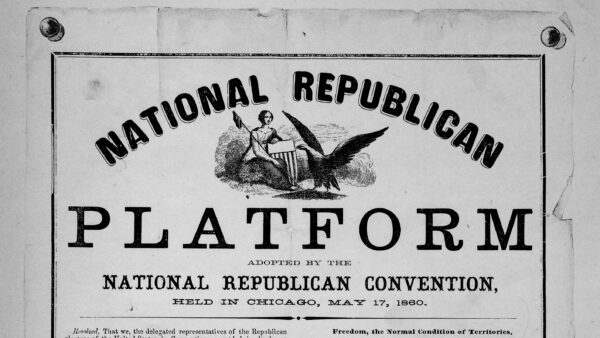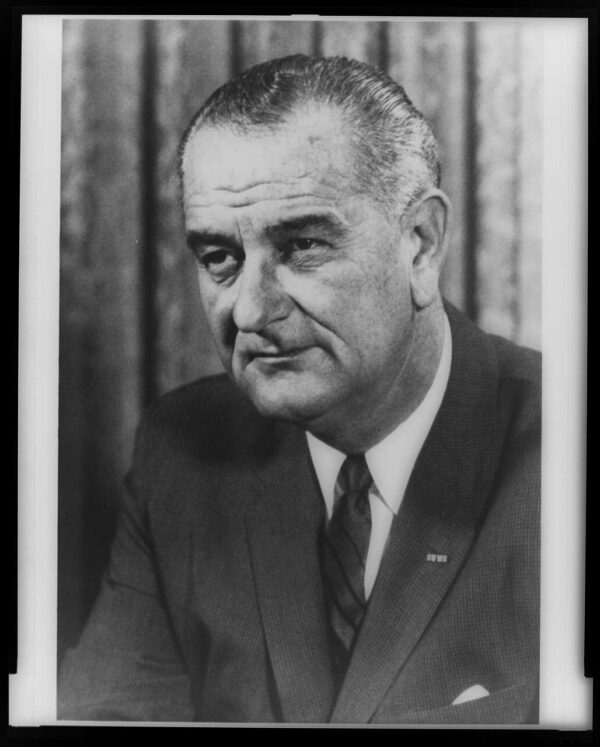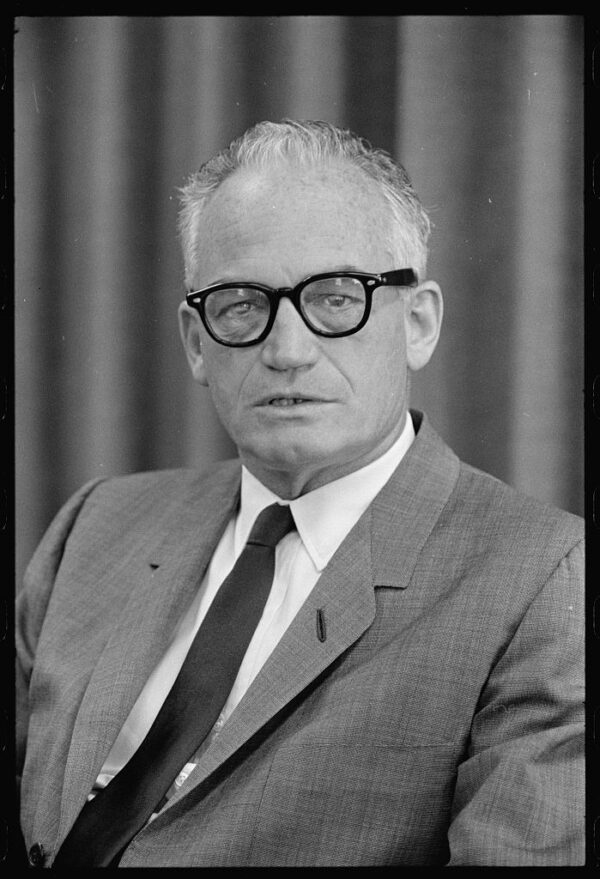Lyndon B. Johnson, the 36th President of the United States, was born in Stonewall, Texas in 1908. Johnson’s political career was marked by a deep commitment to public service and a remarkable rise through the political ranks. Beginning as a teacher in the impoverished Texas-Mexico border region, he entered politics and served in the U.S. House of Representatives before becoming a senator. Johnson’s leadership skills became evident as he rose to the position of Senate Majority Leader, where he played a crucial role in passing significant legislation, including the Civil Rights Act of 1957.
Following the assassination of President John F. Kennedy in 1963, Johnson assumed the presidency and championed the ambitious “Great Society” program, which aimed to eliminate poverty and racial injustice. Despite these accomplishments, his presidency was marred by the Vietnam War, leading to political challenges and his decision not to seek re-election in 1968. Lyndon B. Johnson passed away on January 22, 1973, leaving behind a complex legacy that includes both progressive domestic policies and the controversies surrounding the Vietnam War.


